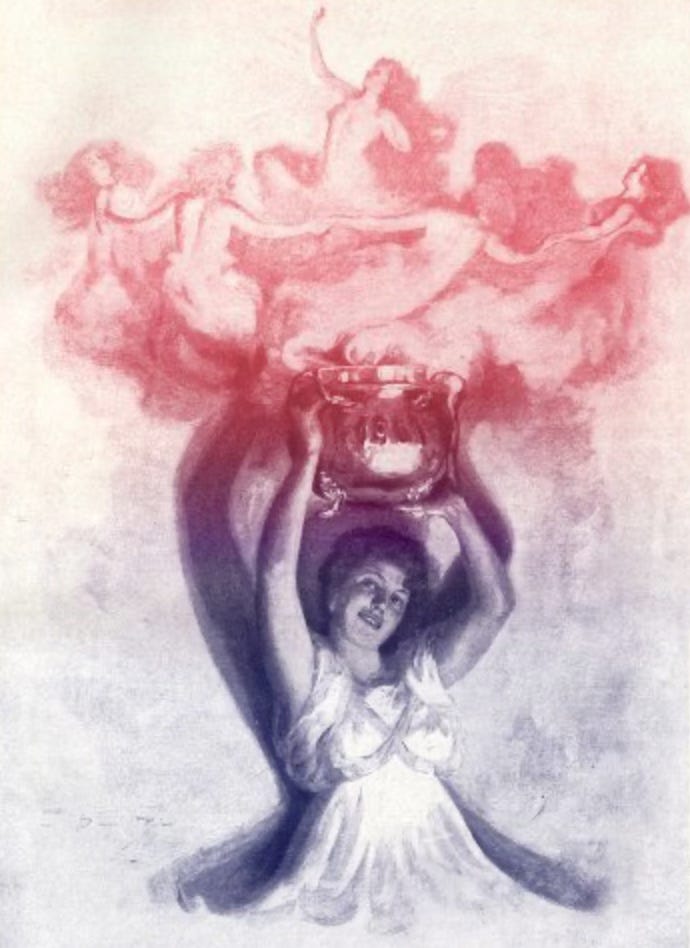On Alcohol's Utility
Why Civilization Needs Alcohol
“For art to exist, for any sort of aesthetic activity to exist, a certain physiological precondition is indispensable: intoxication.” - Friedrich Nietzsche
The Civilizational Drink
Alcohol is dead and you have killed it! You, the cautious optimizer. You, the sterile class. You, the frightened moralist. In your quest to avoid risk, you’ve banished revelry.…



